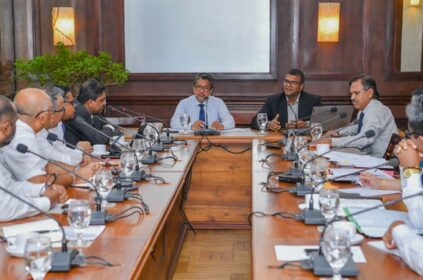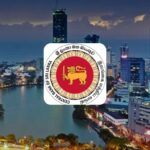The government has revealed plans to lift the temporary suspension on motor vehicle imports, effective October 1, 2024. This decision follows over four years of strict import restrictions imposed to protect the country’s foreign exchange reserves during the economic crisis.
Initially implemented in March 2020, the import ban aimed to limit the outflow of foreign currency during a period of deep economic challenges. With the ban now lifted, Sri Lanka will reintroduce motor vehicle imports in stages as part of its economic recovery plan, aligned with the International Monetary Fund’s (IMF) Extended Fund Facility (EFF) Programme.
The government has proposed a phased removal of restrictions on the import of motor vehicles and non-motorized goods, covering 304 HS Codes.
This will proceed in three stages:
- Stage 1 (October 1, 2024): Imports of public passenger vehicles, special purpose vehicles, and non-motorized goods will resume.
- Stage 2 (December 1, 2024): Commercial and goods transport vehicles will be allowed.
- Stage 3 (February 1, 2025): Personal motor vehicles, including cars, vans, SUVs, and pickups, will be permitted.
The phased approach aims to revitalize the auto industry and economy, addressing issues such as an aging vehicle fleet, poor fuel efficiency, and high maintenance costs. Lifting the restrictions is expected to boost government revenue from vehicle imports, a historically significant income source. Although it may exert pressure on foreign exchange reserves, additional duties on imports will help balance the impact.
Environmental sustainability is also a focus of the policy, reflecting Sri Lanka’s commitments to the Paris Agreement’s Nationally Determined Contributions (NDCs) and its “Net Zero” target for 2050. The government plans to prioritize environmentally friendly vehicles, introducing stricter emissions standards (Euro 6) and promoting electric vehicles, especially locally assembled electric three-wheelers, while banning petrol and diesel-powered three-wheelers.
In response to the country’s high rate of road accidents, which average over 30,000 per year many involving motorcycles and three-wheelers safety measures have also been integrated into the new import policies.
From October 2024, imports of motor cars, SUVs, motorcycles, and pickups will be restricted to models less than three years old, while public passenger and commercial vehicles can be up to five years old. Special purpose and defense vehicles will have a limit of ten years. Importers must sell and register vehicles within 90 days of importation, with penalties for delays.
Additionally,
The government will introduce an annual licensing system for importers, manufacturers, and traders to regulate the market and ensure compliance with national tax regulations.
This decision marks a significant step in Sri Lanka’s economic recovery and modernization efforts. While lifting the ban brings relief to consumers and industries, the government remains committed to balancing economic growth with environmental sustainability and road safety.
– PMD
International Monetary Fund (IMF) President's Media Division
Last modified: September 13, 2024
















